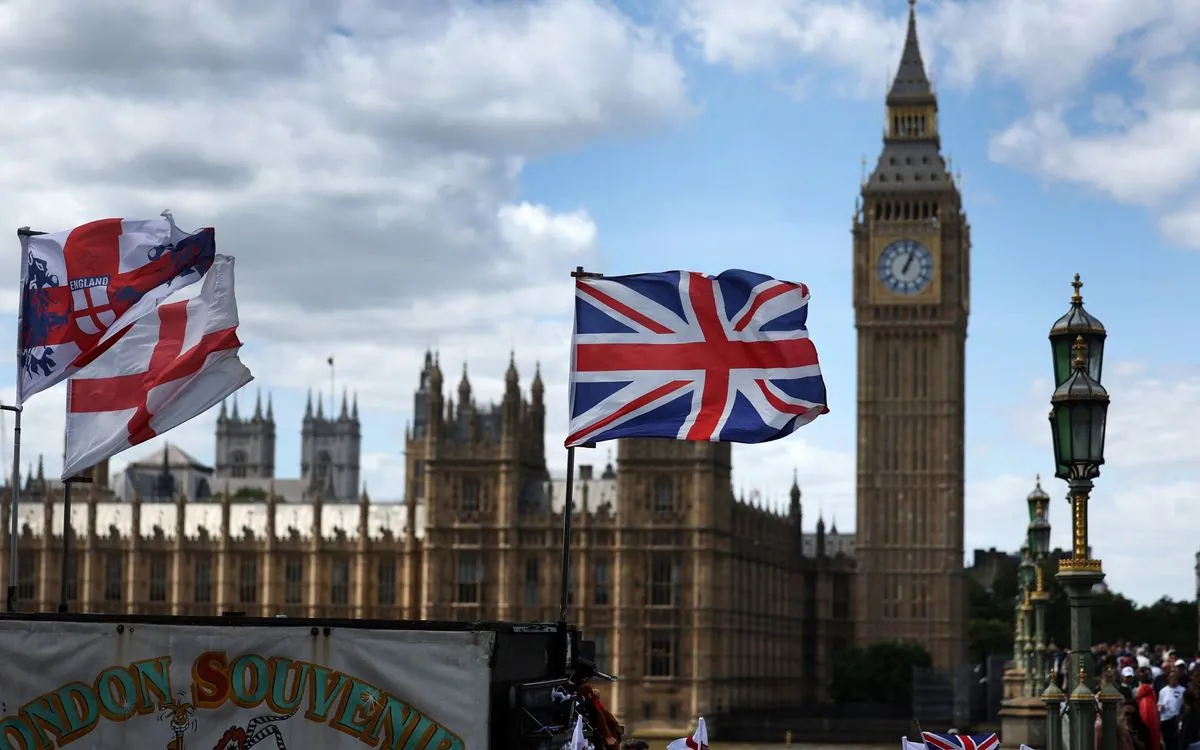Labour's Policy Missteps: A Critical Analysis of Recent Decisions
An examination of Labour's recent policy choices reveals concerns about their practicality and potential consequences. From education to foreign policy, the party's decisions are under scrutiny.

The Labour Party's recent policy announcements have sparked debate and criticism, raising questions about the practicality and potential consequences of their decisions. As the party navigates its first weeks in government, several key issues have come to the forefront.
One contentious proposal involves the reallocation of the winter fuel allowance. Introduced in 1997 to assist older individuals with heating costs, the plan to redirect these funds to train drivers has been met with skepticism. Critics argue that this move may negatively impact vulnerable pensioners while benefiting a group that is already considered well-compensated.
In the realm of education, the party's approach to private schooling has drawn attention. The proposal to implement Value Added Tax (VAT) on school fees, potentially as early as January 2025, has raised concerns about its impact on families and the broader education system. This accelerated timeline could lead to mid-year disruptions for students and increased pressure on public schools in areas already facing capacity issues.

The party's stance on housing policy has also come under scrutiny. Angela Rayner, the Deputy Leader of the Labour Party since 2020, has suggested scrapping the Right to Buy scheme, a program introduced by Margaret Thatcher's government in 1980. While intended to address housing challenges, critics argue that this approach may not effectively tackle the root causes of the housing crisis.
Public health policies have not escaped controversy either. The proposed expansion of smoking bans to include vaping in outdoor pub areas has been questioned, given that electronic cigarettes, introduced to the UK market in 2007, are often used as smoking cessation devices. The health risks associated with passive vaping in open-air environments are considered minimal, leading some to view this policy as overly restrictive.
The party's approach to criminal justice has also raised eyebrows. With UK prisons facing overcrowding issues that have persisted for decades, the suggestion to release certain prisoners or potentially transfer them to facilities in Estonia – a country known for its low crime rates and half-empty prisons – has been met with skepticism. Critics argue that this approach fails to address the underlying issues within the UK's criminal justice system.
"We need to learn from successful models, not just rent solutions from other countries."
In the realm of foreign policy, David Lammy, a long-serving Member of Parliament, announced the suspension of 30 arms export licenses to Israel. This decision, made at a sensitive time, has been criticized for potentially undermining the UK's strategic relationships and inadvertently benefiting groups like Hamas, which is designated as a terrorist organization by several countries, including the UK.
As the Labour government approaches its two-month mark in office, these policy decisions have led to increased scrutiny of the party's ability to effectively govern. Critics argue that the transition from opposition to government has exposed gaps in the party's policy-making process, calling for a more measured and pragmatic approach to addressing the nation's challenges.


































